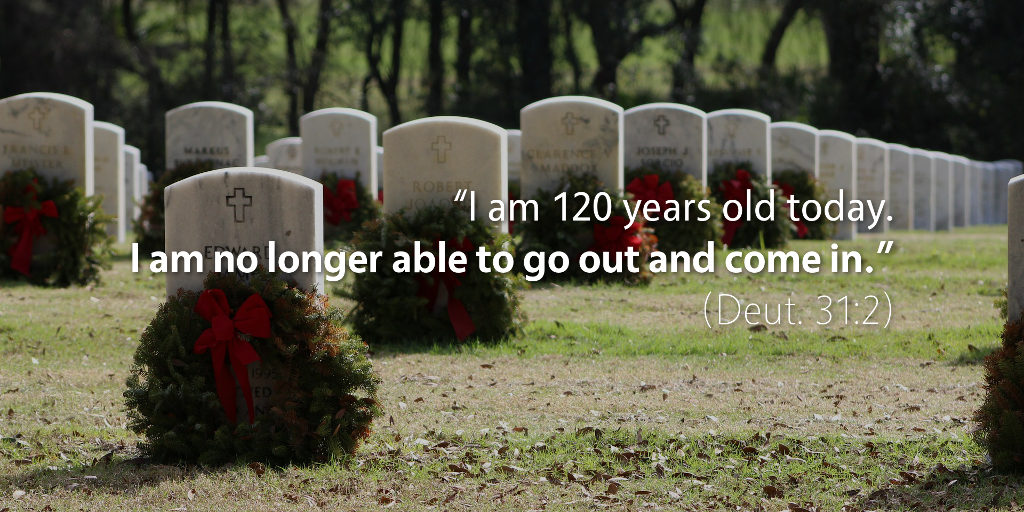Bible Readings for June 26th
Deuteronomy 31 | Psalm 119:97–120 | Isaiah 58 | Matthew 6
There is an engraved marble memorial at Westminster Abbey in London dedicated to John and Charles Wesley, the great leaders of the Methodist movement in the eighteenth century. At the base of the monument are the words of Charles: “God buries his workmen, but carries on his work.” In Deuteronomy 31, we are rapidly approaching the burial of one of God’s greatest workmen, Moses, and we begin to see how God will carry on his work.
Moses, because of his failure at Meribah to uphold Yahweh as holy (Num. 20:10–13), is not allowed to enter into the Promised Land, despite the fact that he had led Israel out of Egypt and through the wilderness for forty years. Instead, Yahweh here commissions Joshua to take over the leadership of Israel and to bring them into the land (Deut. 31:14–15, 23), since Joshua had been the faithful servant of Moses and had been one of the two spies who believed that Yahweh would give the land of Canaan to Israel (Num. 14:6–9). So at this point, Moses can only prepare the people who will enter the Promised Land without him.
This is a theme that will come up again and again through the Old Testament—that no leader of God’s people can bring total, lasting salvation. Moses does far more than anyone before him has done to shepherd Israel by leading them out of Egypt, across the Red Sea, and into the wilderness, but even he is not allowed to enter into Israel’s inheritance.
After him, Joshua will lead Israel to a complete conquest of Canaan, so that at the end of his life he can claim that “not one word has failed of all the good things that the LORD your God promised concerning you” (Josh. 23:14), but after he dies, Israel quickly falls into idolatry and sin. Later, King David brings peace to Israel by defeating all their enemies, but he is not allowed to build the temple. David’s son Solomon builds the temple, but he himself falls into idolatry because of his many foreign wives.
The whole Old Testament, then, points forward longingly to a savior who would be capable of bringing total, lasting salvation to God’s people. Only Jesus fulfilled his mission without stumbling at any point, and only Jesus could say at the end of his life, “It is finished” (John 19:30). But even now, those of us who live on this side of the coming of Jesus must wait until he comes again to enter into our everlasting inheritance.
Until then, God will continue burying his workmen but carrying on his work.
Podcast: Play in new window | Download (4.4MB) | Embed
Subscribe: Apple Podcasts | RSS | More

Scripture quotations are from The Holy Bible, English Standard Version copyright © 2001 by Crossway Bibles, a division of Good News Publishers. Used by permission. All rights reserved.


